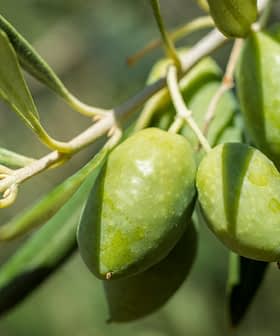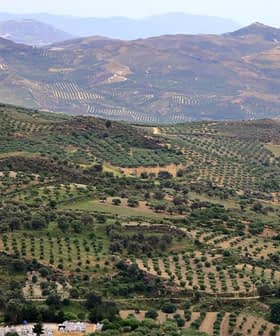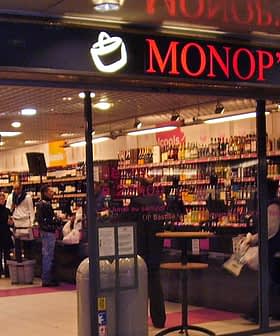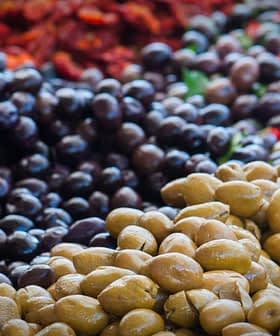Supermarkets in Spain Poised to Clash Over Olive Oil Prices

Spanish olive oil producers and supermarkets are potentially entering a price war, as major brand Coosur began selling directly to customers at lower prices in mid-February. Despite high prices in Spain, concerns remain that price battles may ensue as retailers respond to consumer demand for lower prices and changing behaviors.
Spanish olive oil producers and supermarkets could be at the onset of a price war.
Coosur, a major olive oil brand, began selling to its customers without intermediaries at significantly lower prices in mid-February, making it cheaper than it is sold for in Alcampo and Carrefour.
The producer sold a five-liter tin with a $10 gift card for €47.99, down from €57.75. First-time buyers enjoyed a discounted price of €40.79, bringing the final cost to €30.79, or €6.15 per liter.
It was a welcome relief for families in Spain plagued for months with soaring olive oil prices. However, as positive as the response has been from customers, there are concerns that such promotions will lead to a price battle.
After Greece, Spain sells the most expensive olive oil in Europe despite being the world’s largest producer.
See Also:Agricultural Groups Call on Spanish Government to Step Up Climate Change ResponseOlive oil prices increased by more than 70 percent in the country in 2023, with extra virgin olive oil selling for around €9 in budget supermarkets.
High prices have sparked customer anger and spurred counterfeits, thefts from mills and supermarkets, and spectacular police arrests.
The General Directorate of Consumer Affairs imposed €1.3 million in sanctions in 2022 for lower-quality olive oil mislabeled as extra virgin, the largest of which was a €360,000 fine.
As recently as December 2023, 11 people were arrested for selling adulterated olive oil on a large scale – a criminal case that spilled over into Italy.
The demand for lower prices has major retailers appear more willing to stand in the gap. Supermarket promotions began just before Christmas last year and returned in February.
Government data indicates that Spain has produced 775,300 tons of olive oil in the current crop year, 17 percent above last year’s historically poor harvest but significantly below the average of the previous five years of 1.4 million tons.
According to data from Infaoliva, extra virgin olive oil prices at origin have steadily decreased since the middle of January, falling nearly five percent from €8.988 to €8.55 per kilogram presently.
Retailers have also been inspired to reduce prices due to lower demand and rapidly changing consumer behavior.
The combination of a poor harvest, drought and increased production costs caused olive oil prices to rise in supermarkets with no end in sight. For now, prices at the point of origin show signs of turning downward.









